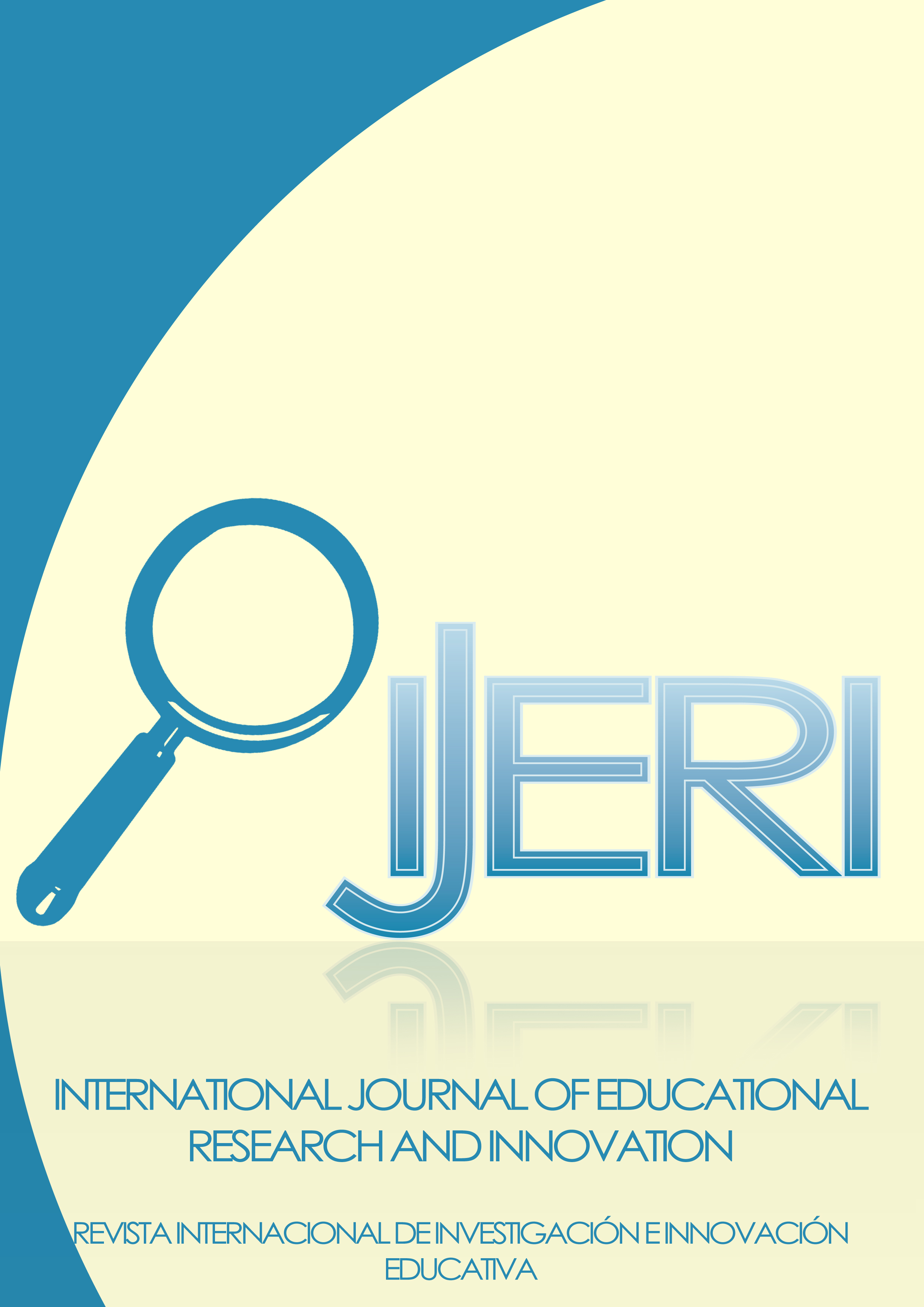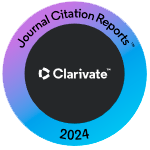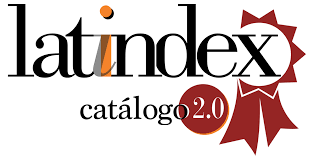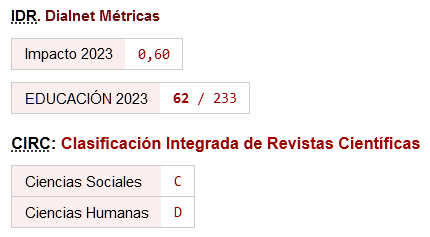Comparison of quality supervision indicators in remote training
DOI:
https://doi.org/10.46661/ijeri.7326Keywords:
Training, Quality of Education, Educational Supervision, Non-face-to-face Teaching, Virtual Learning EnvironmentsAbstract
This research analyzes the comparison of quality supervision indicators in non-face-to-face training due to the scenario of virtual teaching caused by COVID-19, through the EduTOOL@ and SulodiTOOL® instruments. It arises as a research line of the Chair of Education and Emerging Technologies, Gamification and Artificial Intelligence of the Pablo de Olavide University (Seville). This comparison reveals that there are dimensions, subfactors and indicators that are common to both tools, with a weighting difference of 30% higher in the first instrument, and vice versa, that is, indicators that are not common to both, with a weighting of 30% higher in the second instrument. In this line, the research performs a graphic analysis of areas of importance of the dimensions and indicators of both tools, created by the weightings of said indicators.
Downloads
References
Aguaded, J. I. (2013). The MOOCs revolution, a new education from the technological paradigm? Comunicar, 41, 7-8. https://doi.org/10.3916/C41-2013-a1
Arias, F. (2006). The research project: Introduction to scientific methodology. Episteme.
Baldomero, M. & Salmerón, JL (2015). An instrument for the evaluation and accreditation of the quality of MOOCs. [EduTool®: A tool for evaluating and accrediting the quality of MOOCs.]. Education XX1, 18(2), 97-123. https://doi.org/10.5944/educxx1.13233
Baldomero, M., Salmerón, J.L. & López-Meneses, E. (2015). Comparison between quality evaluation instruments for MOOC courses: ADECUR vs UNE 66181:2012 Standards. RUSC. Universities and Knowledge Society Journal, 12(1),131-145. https://doi.org/10.7238/rusc.v12i1.2258
Balfour, S. P. (2013). Assessing writing in MOOCs: Automated essay scoring and Calibrated Peer Review. Research & Practice in Assessment, 8 (1), 40-48.
Bournissen, JM, Tumino, MC, & Carrión, F. (2018). MOOC: quality assessment and measurement of perceived motivation. IJERI: International Journal of Educational Research and Innovation, 11,18-32. https://www.upo.es/revistas/index.php/IJERI/article/view/2899
Cabero-Almenara, J., & Romero-Tena, R. (2020). Design of a t-MOOC for training in digital teaching skills: study in development (DIPROMOOC Project). Innoeduca. International Journal of Technology and Educational Innovation, 6(1), 4-13. https://doi.org/10.24310/innoeduca.2020.v6i1.7507
Cedeño-Viteri, N. (2012). Mixed research, a fundamental andragogical strategy to strengthen higher intellectual capacities. Revista Científica, 2(2), 17-36.
Conole, G. (2013). MOOCs as disruptive technologies: strategies to improve the learning experience and quality of MOOCs. Journal of Distance Education, 39, 1-17.
Chávez, N. (2004). Introduction to educative research. Venezuela: Editorial Gráficas SA.
Escobar, J. & Cuervo, A. (2008). Content validity and expert judgment: an approach to its use. Advances in Measurement, 6, 27-36.
Gordon Graell, R. (2022). Teaching skills for working in virtual learning communities. InterSedes, 23(48), 143–162. https://doi.org/10.15517/isucr.v23i48.49417
Glance, D.G., Forsey, M., & Riley, M. (2013). The pedagogical foundations of massive open online courses. First Monday, 18(5), 1-12. https://doi.org/10.5210/fm.v18i5.4350
Guàrdia, L., Maina, M. & Sangrà, A. (2013). MOOC Design Principles. A Pedagogical Approach from the Learner's Perspective. eLearning Papers, 33, 1-6. https://openaccess.uoc.edu/bitstream/10609/41681/1/In-depth_33_4%282%29.pdf
Hernández, R., Fernández, C. & Baptista, M. (2010). Investigation methodology. McGraw Hill.
Hilera, JR & Hoya, R. (2010). E-Learning Standards: Reference Guide. University of Alcalá. http://www.cc.uah.es/hilera/GuiaEstandares.pdf
Hurtado, J. (2010). Investigation methodology. Venezuela: Quirón Editorial.
Jaén, D. (2005). A study system for the infovirtual campus. In FUCN (Comp.), Virtual education: reflections and experiences. (pp. 37-50). Northern Catholic University Foundation. https://www.ucn.edu.co/institucion/sala-prensa/Documents/educacion-virtual-reflexiones-experiencias.pdf
Martín, O., González, F. & García, MA (2013). Proposal for evaluating the quality of MOOCs based on the Afortic Guide. Campus Virtual, 2 (1), 124-132. http://www.revistacampusvirtuales.es/images/volIInum01/revista_campus_virtuales_01_ii-art10.pdf
McMillan, J. & Schumacher. S. (2010). Research in education: Evidence-based Inquiry. Boston: Pearson Education, Inc.
Standard UNE 66181 (2012). Quality Management of Virtual Training .https://eqa.es/certificacion-sistemas/une-66181
Organic Law 2/2006, of May 3, on Consolidated Education.https://www.boe.es/buscar/pdf/2006/BOE-A-2006-7899-consolidado.pdf
Ogunyemi, A.A., Quaicoe, J.S., & Bauters, M. (2022). Indicators for enhancing learners' engagement in massive open online courses: A systematic review. Computers and Education Open,3, 100088. https://doi.org/10.1016/j.caeo.2022.100088
Oncu, S. & Cakir, H. (2011). Research in online learning environments: Priorities and methodologies. Computers & Education, 57 (1), 1098-1108. https://doi.org/10.1016/j.compedu.2010.12.009
Resolution of July 1, 2022, of the General Directorate of Territorial Evaluation and Cooperation, by which the Agreement of the Education Sector Conference on the certification, accreditation and recognition of teaching digital competence is published.
Rizo-Rodríguez, M. (2020). Role of the teacher and student in virtual education. Multi-Essays Journal, 6(12), 28-37. https://doi.org/10.5377/multiensayos.v6i12.10117
Roig, R., Mengual-Andrés, S. & Suárez, C. (2014). Evaluation of the pedagogical quality of MOOCs. Curriculum and Teacher Training, 18(1), 27-41,http://www.ugr.es/~recfpro/rev181ART2.pdf
Roldán, N. (2005). Communication and pedagogy for the art of learning. In FUCN (Comp.), Virtual education: reflections and experiences (pp. 51-67). Northern Catholic University Foundation.
Sánchez, B. & Guarisma, J. (1995). Research Methods. Maracay. Bicentenary University of Aragua Editions.
Stödberg, U. (2012). A research review of e-assessment. Assessment and Evaluation in Higher Education, 37 (5), 591-604. https://doi.org/10.1080/02602938.2011.557496
Vázquez Cano, E. & López Meneses, E. (2014). Evaluation of the pedagogical quality of MOOCs. Curriculum and Teacher Education, 18(1), 3-12. http://www.ugr.es/~recfpro/rev181ed.pdf
Vázquez-Cano, E., López-Meneses, E., Gómez-Galán, J., & Parra-González, ME (2021). Innovative university practices on the educational advantages and disadvantages of MOOC environments. Distance Education Journal (RED), 21(66). https://doi.org/10.6018/red.422141
Viñals, A. and Cuenca, J. (2016). The role of the teacher in the digital age. Interuniversity Journal of Teacher Training, 30(2), 103-114.https://recyt.fecyt.es/index.php/RIFOP/issue/view/2859/218
Zapata-Ros, M. (2013). MOOCs, a critical vision and a complementary alternative. The individualization of learning and pedagogical help. Campus Virtual, 1(II), 20-38.http://uajournals.com/ojs/index.php/campusvirtuales/article/view/26
Published
How to Cite
Issue
Section
License
Copyright (c) 2023 Nuria Falla Falcón, Eloy López Meneses, Miguel Baldomero Ramírez Fernández, Samuel Crespo Ramos

This work is licensed under a Creative Commons Attribution-NonCommercial-NoDerivatives 4.0 International License.











